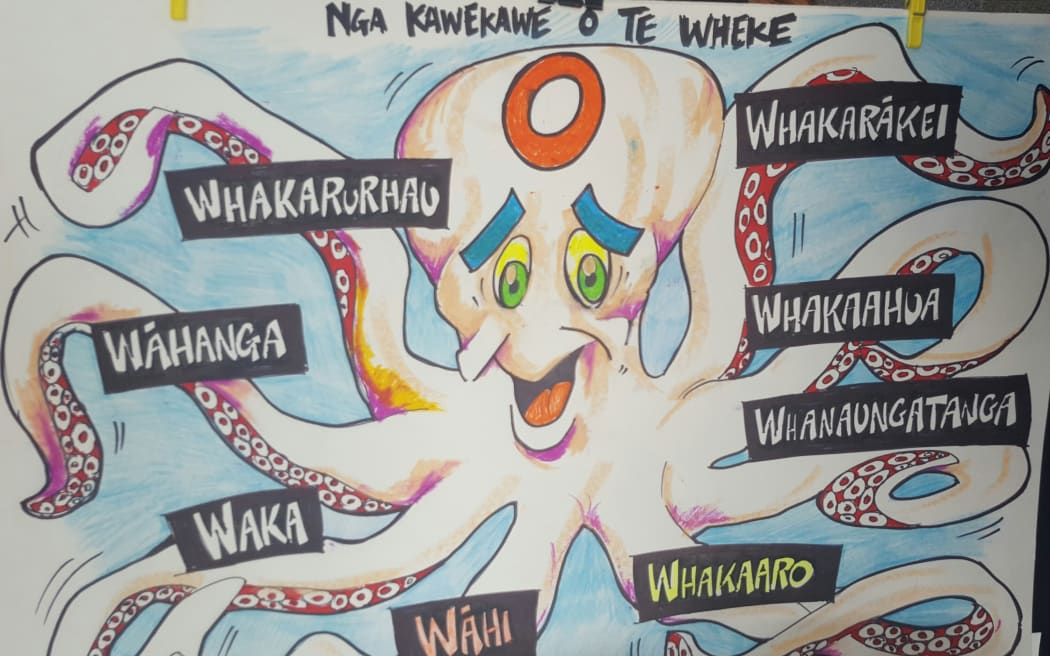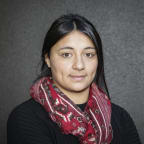A language expert is calling on health workers to stop mispronouncing Māori patients' names.

A Māori language teaching resource. Photo: RNZ / Mihingarangi Forbes
Keri Opai said it was one simple way health workers could better engage with Māori, who had some of the worst health statistics in the country.
"If you pronounce Māori words correctly, it implies you have respect for the language. If you have respect for the language that would imply you have respect for the culture.
"If you have respect for the culture, you most probably have respect for the people."
Kahu Rangi said she knew what it felt like having her name mispronounced on a regular basis.
"At the doctors they cannot say my name at all, it's always mispronounced. People normally call me 'Kay-who' or 'Keh-who' or 'Kay-who-ray-ngi'.
"Sometimes I will brush it off. Either that or I'll actually change my name and get them to call me something else. Otherwise, I'll correct them."
Ministry of Health statistics show Māori adults have higher rates of cancer, diabetes and heart failure than non-Māori.
Keri Opai, who has led an initiative called Te Reo Hāpai, is creating a Māori glossary for the mental health, addiction and disability sectors.
He said pronouncing names correctly was about enhancing a person's mana and that manaakitanga (respect) should be at the core of improving peoples' health.
"It gives you mana straight away. And that's a big part of health. It really is mana-enhancing if they can get that right."
Kahu Rangi agreed.
"I've got a South African doctor and she tried really hard one time to pronounce my name and eventually she got it.
"I was more inclined to talk to her and I felt more comfortable with her."
It was a similar feeling for Terewai Gray, whose name was often mispronounced, "Terry-why".
"I actually feel quite happy when they can pronounce my name properly. It's like, 'Oh yay, they can say my name.'
"You go in there feeling valued but I think it gives you a sense of pride as well."
Bay of Plenty DHB wanted its people to better engage with Māori, so they now provide all 3100 of its staff training to do just that.
A component of the Engaging Effectively with Māori course deals with the importance of the correct pronunciation of Māori words and names.
Other DHBs have also adopted the course including Taranaki, Lakes and Northland.




